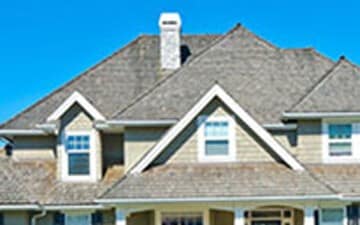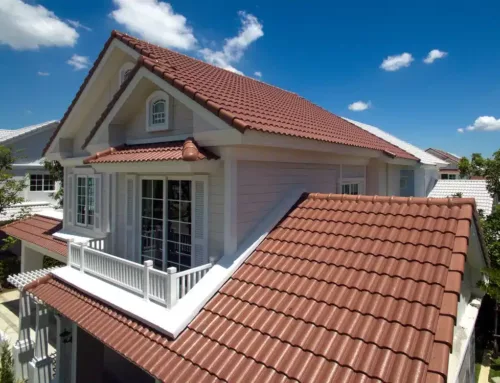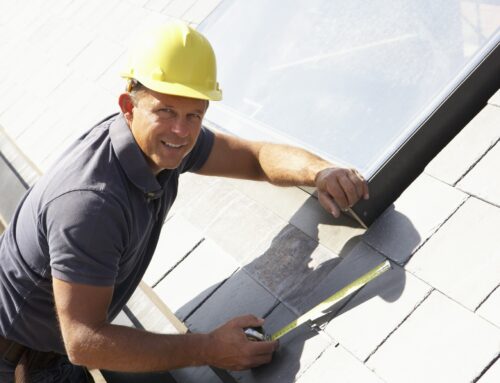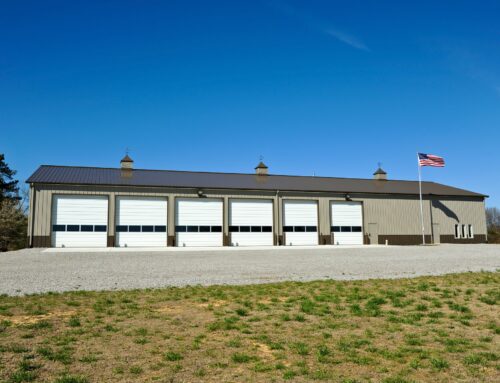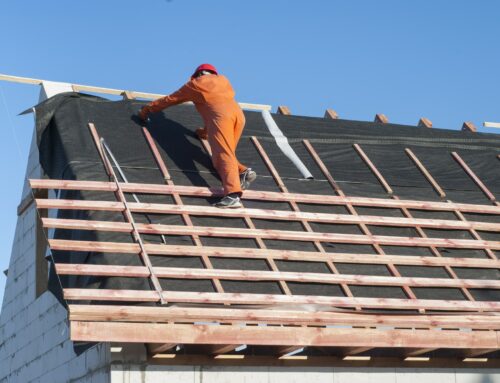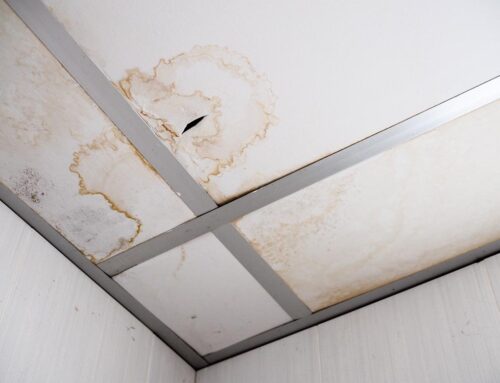Buying a home is one of the most stressful events. And likely one of the biggest purchases you will ever make. There are a lot of factors to consider when deciding whether or not to purchase a house. One feature to pay special attention to is the roof. Having to replace the carpet or patch a wall is minor, but having to replace a roof is a major expense. Depending on the type of roof and the size of the roof, a new roof can cost anywhere from $6,000 to $30,000.
A well-maintained roof can last 30 years or more. But a poor roof installation or inferior shingles and tiles can significantly shorten that lifespan. Before you buy a home, be sure to ask the current owners or the sellers’ real estate agent pertinent questions regarding the roof to give you an idea of its overall condition and remaining lifespan.
Questions to Ask:
- What is the roof’s current condition? Ask about any recent damage and repairs. Also inquire about what maintenance has been performed, when, and who performed it. While the seller is getting up on the roof and making repairs any maintenance is better than nothing, regular inspections and maintenance services from a professional roofing contractor will help extend the life of the roof.
- How old is the roof? This will help you determine where the roof is in its overall lifespan and how soon you may have to replace it.
- Who installed the roof and why did they choose that roofing contractor? If the sellers chose the contractor based solely on cost, that may indicate that corners were cut or inferior materials were used, resulting in a subpar roof or installation. On the other hand, choosing a contractor based on reputation and recommendations may indicate that proper installation and quality materials were employed and hint toward better longevity of the roof. You can also use this information to look for reviews of the roofing contractor they used to get a feel for the quality of the installation.
- How many layers of shingles are on the current roofing system? Too many layers of shingles can be dangerous. The roof may not be able to sustain the weight and the additional layers can trap moisture, which can in turn cause premature wood rot. Adding a layer of shingles over old shingles also reduces the life span of the new shingles.
- What type of roof is on the home? This will help you determine the ongoing maintenance needs and costs of the roof going forward.
Be sure to inspect the roof as best as you can from the ground. Binoculars are a great tool for getting a better view. Look for any signs of damage, including cracked, curled, or missing shingles or any areas that look worn. Inspect the gutters to make sure the drainage systems are working properly. Look for dry rot, which is often caused by poor ventilation.
Your best bet is to have a professional roofer perform a thorough inspection of the roof, either before you submit an offer or during negotiations. If the seller already had a roof inspection done, ask to review it. This will give you a professional assessment of the condition of the roof, the estimated remaining lifespan of the roof, and the recommended repairs and estimated repair costs. If you have any doubt, consider having a second inspection done by a contractor of your choosing. Also, ask your real estate agent about any disclosure form requirements that mandate the seller disclose any issues with the roof, as well as the rest of the home.
An old roof isn’t necessarily a reason to forgo buying a home you love. Knowing the condition of the roof gives you a tool for bargaining. You can factor the cost of a roof replacement into your offer or negotiations. However, if a roof is at the end of its life span or significantly damaged, it could affect your ability to secure financing. If the roof is in need of replacement, it may be in your best interest to ask for a credit rather than asking the seller to replace the roof. This will give you the control to hire the best contractor and ensure the job is done properly. If the seller cannot afford to pay for a new roof before closing, ask the agent and lender if they can do an escrow-holdback so that you can close on the house and the roof can be installed at a later time. The roofer would then be paid by escrow after the roof is complete.


